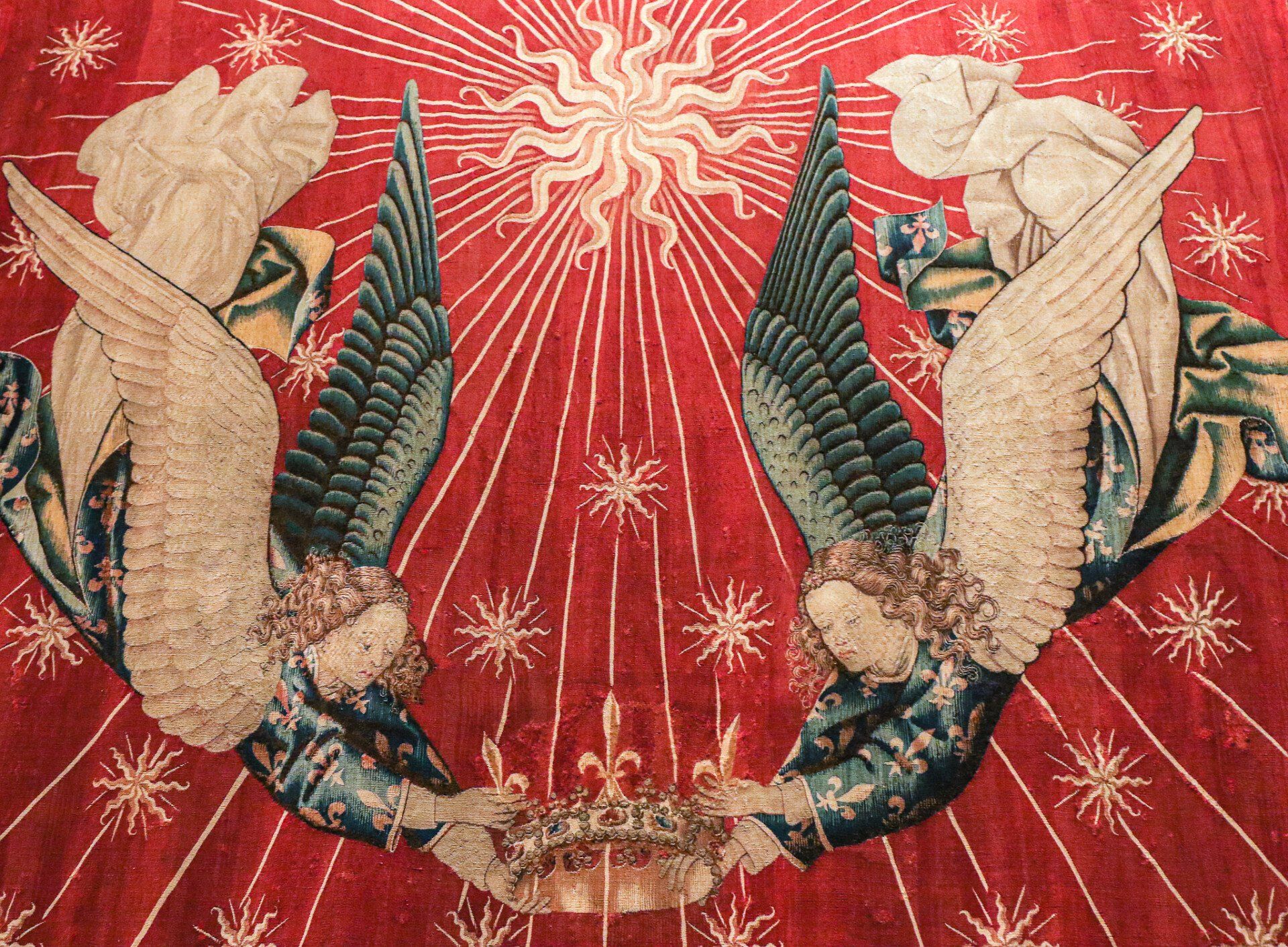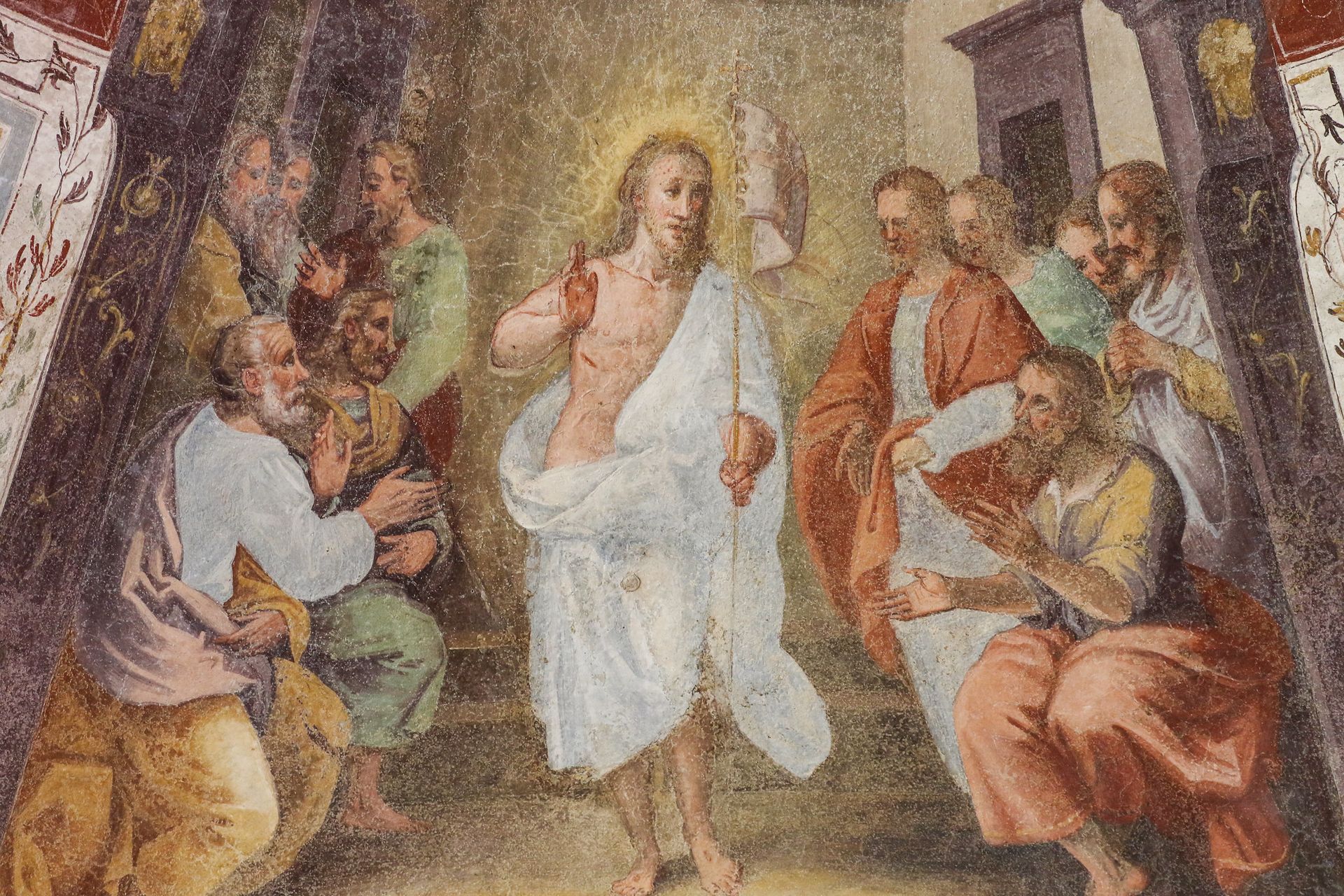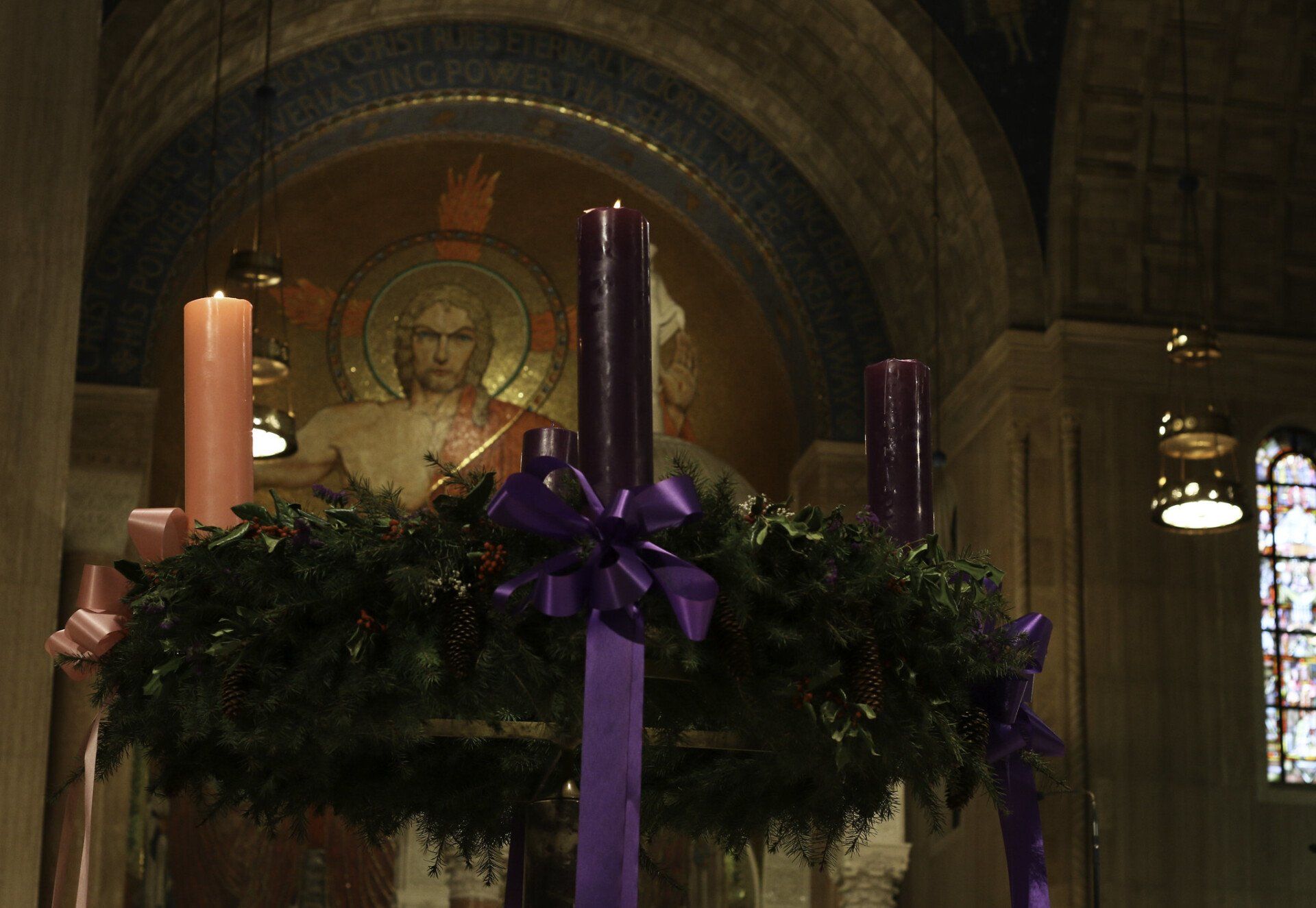So much depends . . .
Homily for Sunday, June 16, 2023
We sometimes speak of certain things as “matters of life and death.” Moments when all hinges on a choice, a decisive act, when the question is one of survival. There is a sense of urgency, of significance, of crisis.
Tiny things sometimes make all the difference in the world. An ancient French proverb says, “The loss of a nail, the loss of an army.” Another version of this proverb goes:
For want of a nail the shoe was lost;
For want of a shoe the horse was lost;
For want of a horse the battle was lost;
For the failure of battle the kingdom was lost—
All for the want of a horse-shoe nail.
The poets urge us to open our eyes to the importance of things which may seem inconsequential, trivial. One of the most well-known poems of William Carlos Williams says:
so much depends
upon
a red wheel
barrow
glazed with rain
water
beside the white
chickens
Another poet commented that he is constantly remembering this poem, or rather, “the poem is remembering me, in a way, it’s putting me back together, in the quiet time of my existence while I am alive . . . It’s a moving thing to be the place where those words return.”[1] So few words, yet they encompass the world.
And so it is in the economy of God. Jesus compares the kingdom of God, the kingdom he has come to establish over all space and time, in terms of things that seem ordinary, insignificant, even microscopic. He says the kingdom is like grains of wheat sown in a field; like a tiny mustard seed. These things are tiny; they are not even, properly speaking, alive—what “life” they contain is potential only. A grain of wheat, a mustard seed, is too small to be of any direct use. To eat it will not nourish us; we cannot exploit it or compel it somehow to help us in any way.
All we can do is to cast it on the ground. That’s when the mystery of its life begins to take place. The seed fallen in the earth enters into the mystery of new life. It sprouts, and soon the fields are covered with waving grain as far as eye can see.
The tiny mustard seed itself grows up into a flourishing shrub, a shelter for birds.
Jesus offers these parables, these apparently simple stories to the people without explanation. Another gospel includes an interpretation of the parable, offered privately to his disciples; that it has to do with the death and resurrection of Jesus, who is himself the “kingdom” that he he preaches; and what we usually think of when we speak of the kingdom—the Church—gains its identity, its life, and its self-understanding only through incorporation into Him.
Mark does not seem to think an “explanation” is necessary for his readers. The parable is given, and if we allow these words of Christ to dwell with us, to take up space in our hearts and minds, to re-member us as we remember them, we will begin to be transformed; the parable, like the Williams poem, will begin to interpret us.
The seeds in the parable certainly speak to us of death and life as found in Christ. Paul writes to the Corinthians, “one has died for all; therefore all have died.” As the Church we are individually and collectively incorporated into Christ. We cannot look upon the image of the Crucified Savior presented to us in the Gospels and say “That man died, that I might not.” While “Jesus died for sin, once for all, the righteous for the unrighteous, to bring us to God,” the ministry of reconciliation he has given us means that we must also say that if Christ has died, therefore I also have died and must die, that what once was ‘I’ has come to an end, and as from that seed in the ground a newer, greater life has sprouted, a life shaped by and in the likeness of Jesus. “If any one is in Christ, he is a new creation.”
The Christian life, we see, is a matter of life and death. And, not or. We must die, as Christ has died, and much for the same reason. First of all, as Christ died for our sins and was raised for our justification, so we must also die to sin so that we can live the new life that he has raised us up into. While we all once went through life trying to please ourselves, now in Christ we have found that true life means putting God’s concerns ahead of our own, letting his priorities govern us. What we once were in ourselves becomes less important than what we now are and will one day be in glory.
But for each of us, this new life plays out in the context of everyday, normal, ordinary things. It is through the normal actions and choices of our life, approached from this new perspective, that we become the kingdom in Christ. And thus it is that, reconciled to God, we are made fit to bring the good news of reconciliation to those around us.
+ In nomine Patri...
[1] https://jacket2.org/podcasts/poem-remembering-me-poemtalk-30






